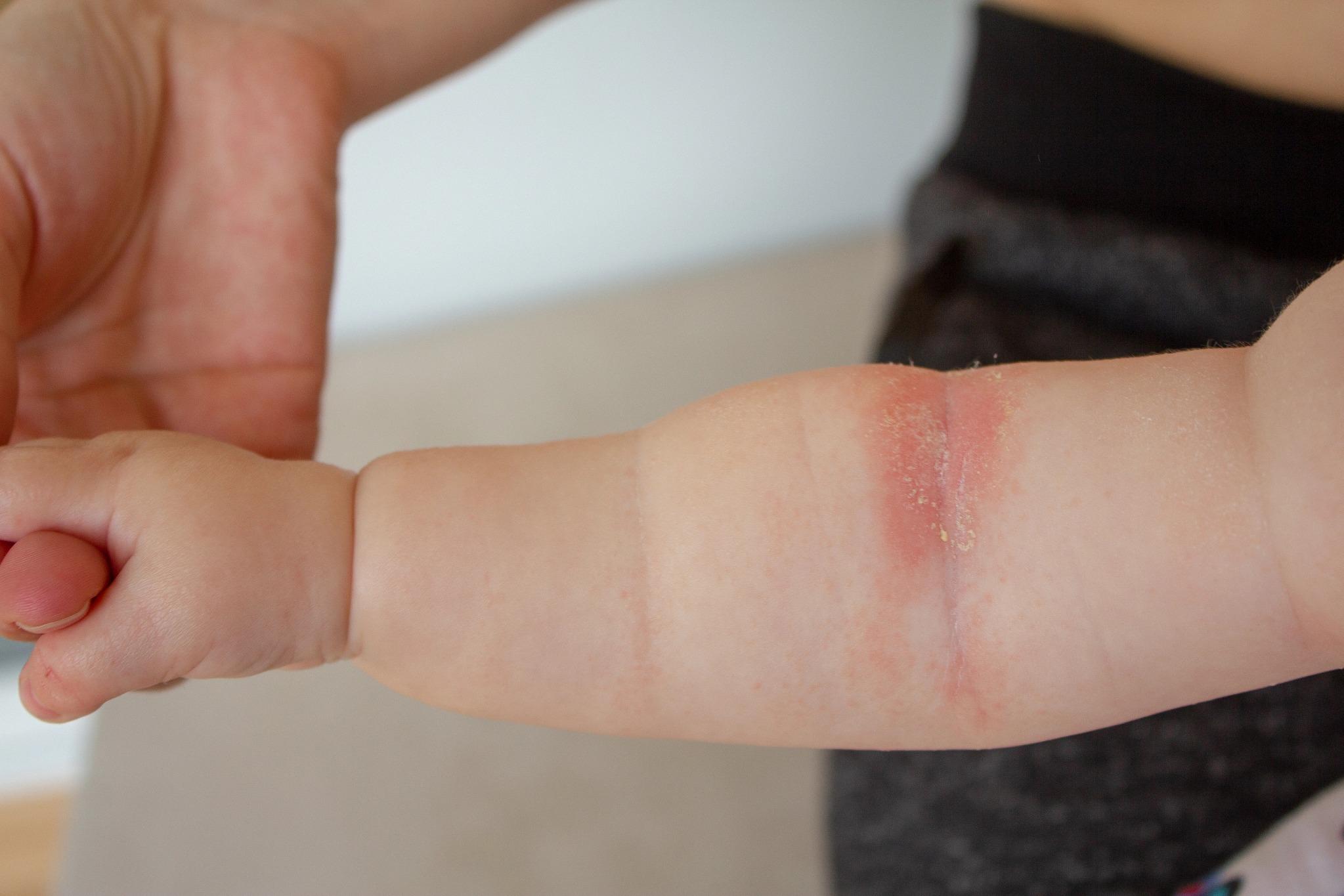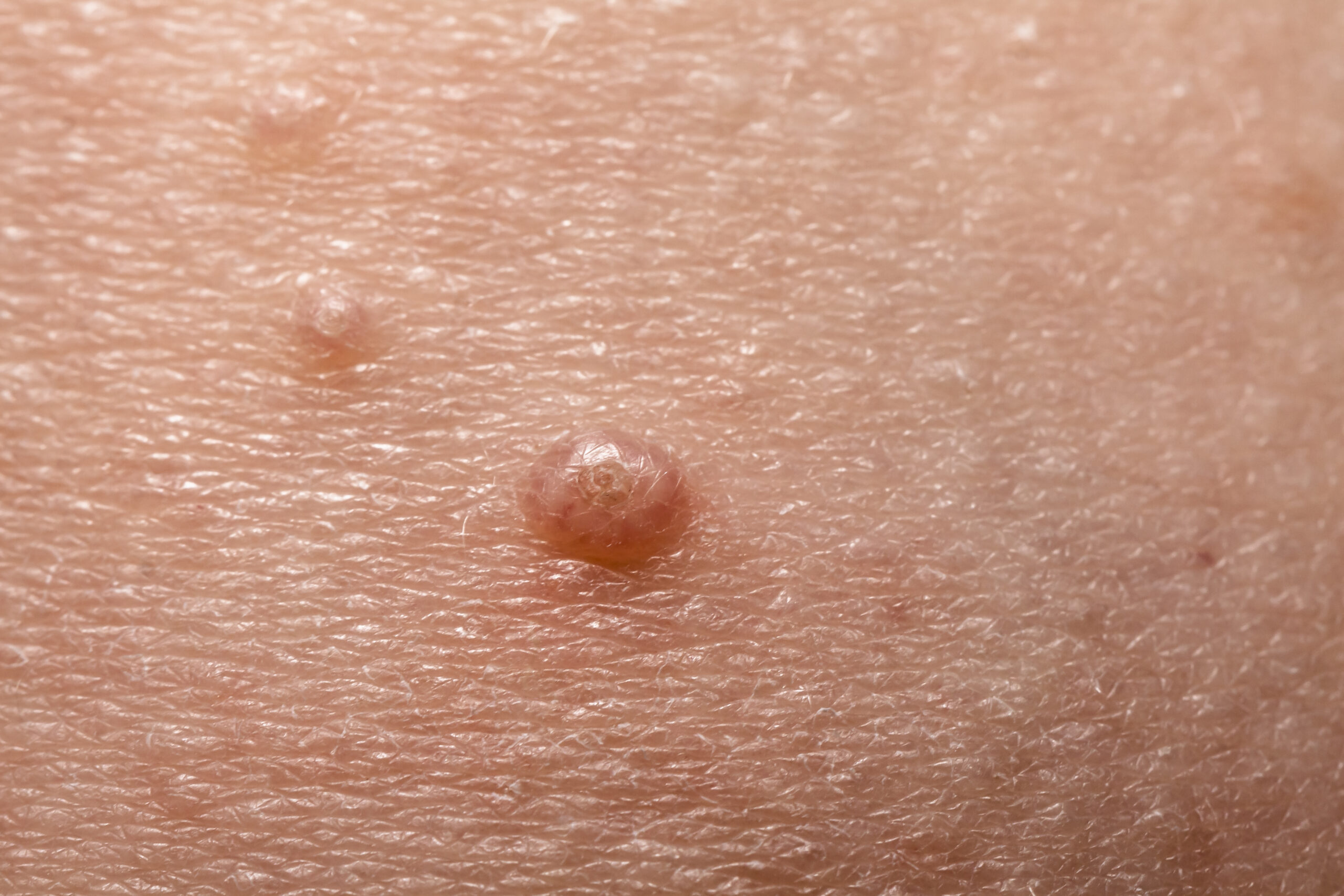Postpartum depression generally refers to an episode of major depression that begins within a specified time after birthing.
This is generally 4-6 weeks; however, women remain at risk for developing depression for months following the birth of a baby.
It has been hypothesised that the combination of psychological and hormonal changes, including the symbolic meaning of weaning, may be associated with a rapid onset of depression.
Breastfeeding may avoid the occurrence of depression by preventing the prolactin withdrawal state following birth, and restoring the ‘milieu interieur’ of pregnancy with high circulating levels of prolactin (1).
In women with a history of bipolar disorder, weaning may act as a trigger for mixed mania (features of both depression and mania).
It is important to exclude other possible causes of depression, such as:
-hypothyroidism
-lack of association with menstrual bleed resuming
-oral contraceptive pill use
Published research
Ystrom examined data from the 2012 Norwegian Mother and Child Cohort Study (MoBa) of 42 225 women.
Breastfeeding cessation was found to be a risk factor for increased anxiety and depression. Women with high levels of anxiety and depression during pregnancy who stop breastfeeding early (by 6 months) were found to be at additional risk of developing postpartum anxiety and depression (2).
Unmeasured events in the study, such as breastfeeding pain leading to early cessation of breastfeeding, could also be another reason for early breastfeeding cessation, and therefore the real predictor of changes in symptoms of anxiety and depression (2).
A 2014 prospective cohort study of exploring the effects of prenatal and postpartum depression on breastfeeding and the effect of breastfeeding on postpartum depression (3).
Higher depression scores (measured using the Edinburgh Depression Scale) at the first trimester accounted for early cessation of breastfeeding, and higher depression scores at the third trimester accounted for a shorter period of breastfeeding.
In women who initiated breastfeeding, a decrease in depression scores was seen from birth to three months postpartum, whereas there was no significant change in women who did not initiate breastfeeding.
This suggests that breastfeeding may help to reduce depression symptoms from birth to three months postpartum (3).
Case studies in the literature
A 2008 case study described Mrs K, a 35 year old women who developed depression after the birth of each of her 3 children, immediately following the cessation of breastfeeding (1).
A 2018 case study described Mrs B, a 29 year old mother with a 1 year old, with a documented history of bipolar II disorder. Upon finding out she was pregnant, she tapered off her medication (quetiapine) (4).
Her mood remained stable throughout her pregnancy and the postpartum period. Mrs B breastfed her daughter for 9 months, until she started to wean due to the need to return to work. Her mood remained stable until 3 months after the weaning process began, when she began to reduce her breastfeeding frequency from 5 feeds per day, to 2 feeds per day.
Mrs B began sleeping poorly, and within a few days had an episode which included thoughts of not wanting to be a mother, crying spells, sadness and irritability.
The symptoms resolved a few days after quetiapine was commenced.
My experience
My third child was just shy of 3 years of age, and at that stage I had decided on a ‘don’t offer, don’t refuse’ method of weaning.
He wasn’t breastfeeding very often- maybe once every 1-2 days- and when he did feed, it felt like he was dry nursing. I don’t recall being able to feel a let down, and his feeding sessions were over in 20-30 seconds.
I really disliked breastfeeding at this point, and more actively started talking with him about him no longer breastfeeding once he turned 3 in mid January.
Over December he continued to feed every few days, and it was at this time that I started to feel really flat.
It was over Christmas, a time where I should have been excited to have an extended family catchup interstate by the beach. At any other time I would have been overjoyed to have been spending time with my much loved family, but I just felt so flat and depressed.
Nothing made me happy. I felt teary at times, and was also short tempered.
I remember after one of our nursing sessions thinking to myself ‘I wonder if weaning could be responsible for my feelings?’ and Google searching the topic, but not really finding anything.
Thankfully, I see now that some more has been written on the topic, as there really was very little when I wanted to find if anyone else had felt like me.
It took approximately 2 months for me to feel back to my normal self.
What to do?
If your feelings of depression and/or anxiety are persisting, please see your GP or maternal child health nurse.
A naturopath with expertise in postnatal and breastfeeding support may be able to help with nervous system and hormonal support that could help ease symptoms.
In summary
Breastfeeding may be helpful in reducing symptoms of depression.
In women with a pre-existing history of mental health conditions, breastfeeding cessation and the hormonal changes that accompany this may result in mood changes, depression, and/or anxiety.
Thinking of weaning? You might be interested in reading my other blog post on celebrating the end of breastfeeding.
References
- Sharma V, Corpse CS. Case study revisiting the association between breastfeeding and postpartum depression. J Hum Lact. 2008;24(1):77-9.
- Ystrom E. Breastfeeding cessation and symptoms of anxiety and depression: a longitudinal cohort study. BMC Pregnancy and Childbirth. 2012;12(1):36.
- Figueiredo B, Canário C, Field T. Breastfeeding is negatively affected by prenatal depression and reduces postpartum depression. Psychological Medicine. 2014;44(5):927-36.
- Sharma V. Weaning and Mixed Mania-A Case Report. J Hum Lact. 2018;34(4):745-8.







